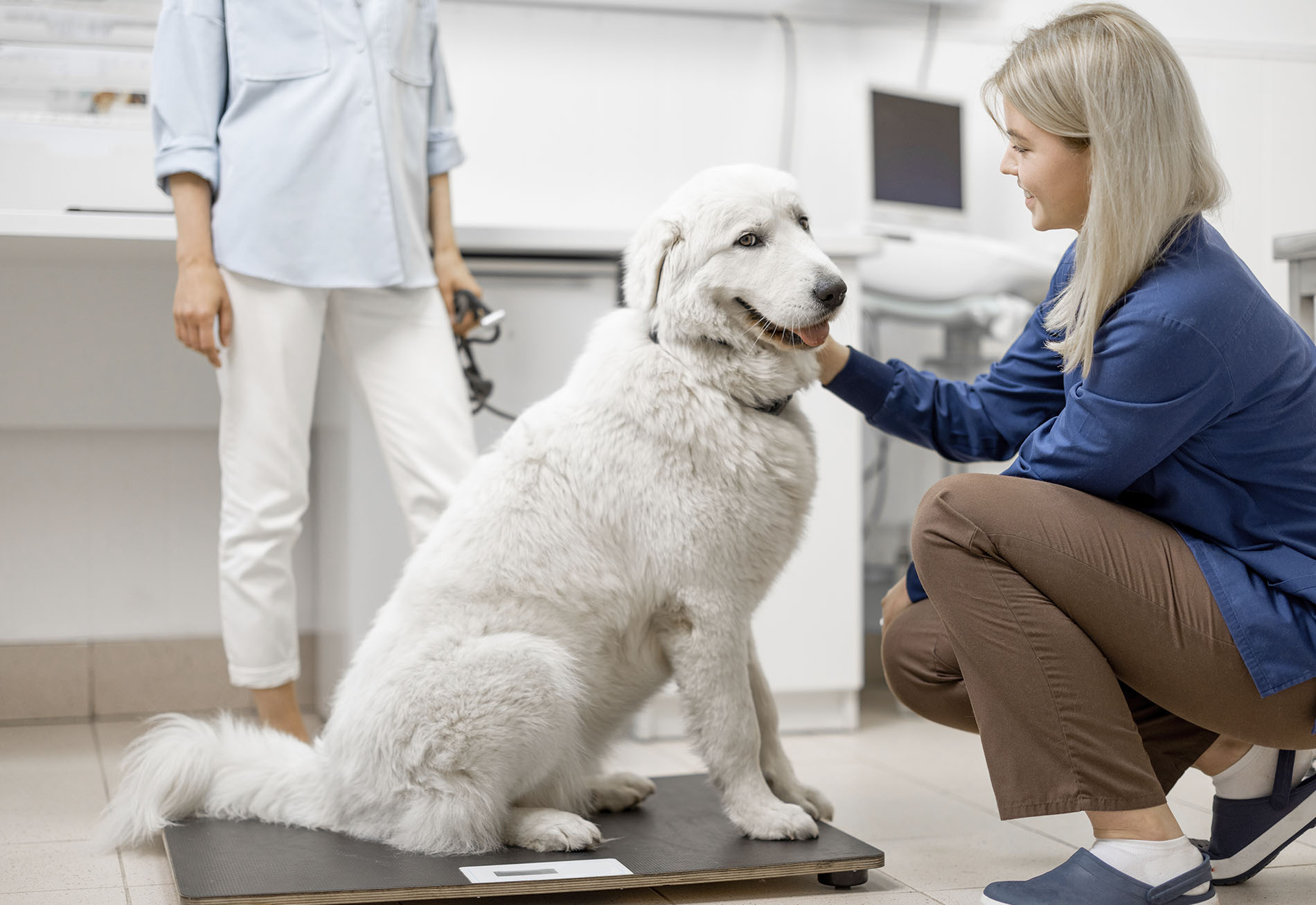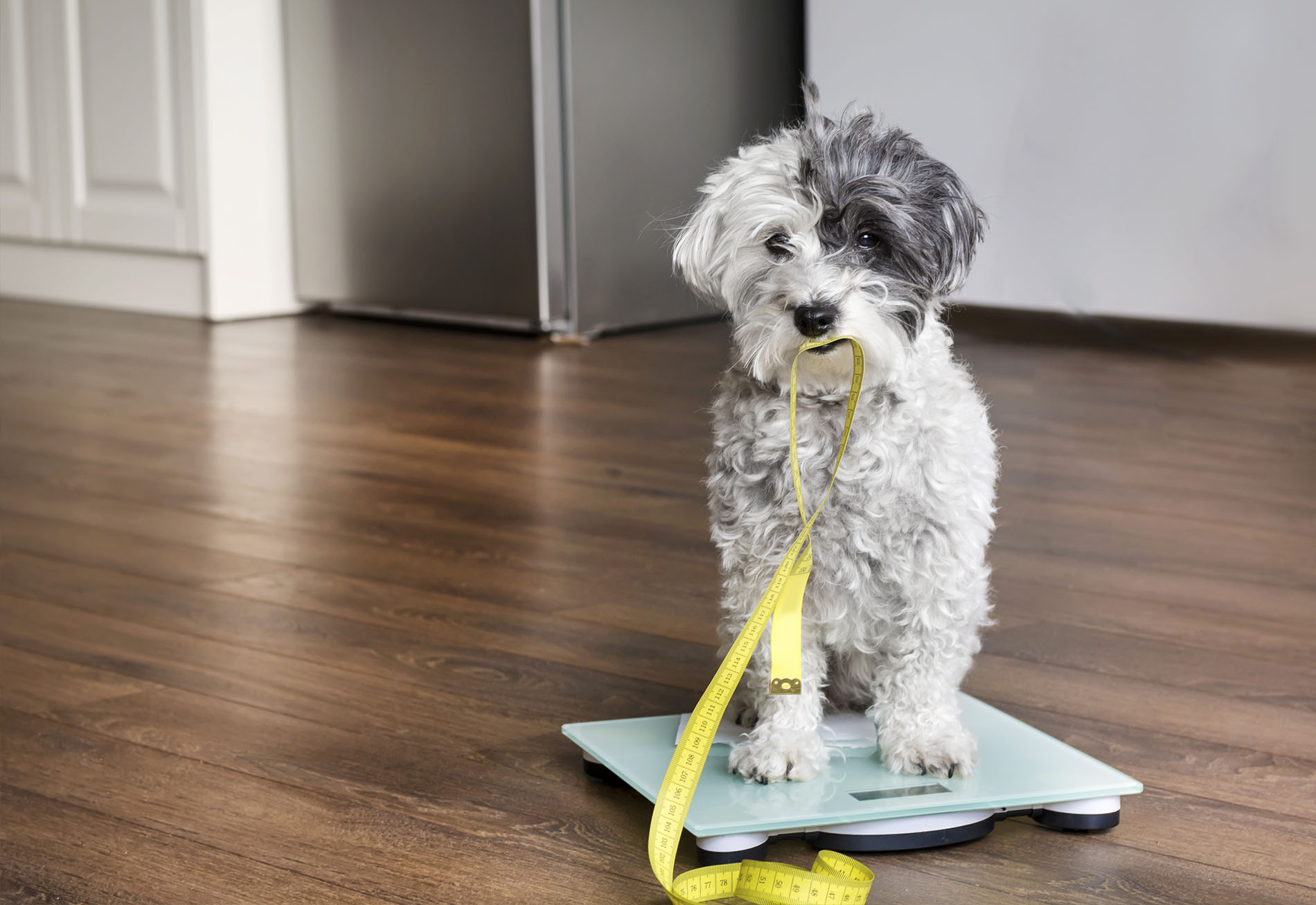Excess weight in dogs
Excess weight in dogs or other pets is a disease which should not be left untreated. Find out about the consequences that it may have and how to prevent them.
pets
Share

The sedentary lives of some domestic animals and their isolation from nature and their natural activities has led to an increase in weight for many pets, particularly dogs and cats. This needs to be controlled if you want your pet to enjoy good health.
In a normal weight dog, it should be easy to feel their ribs, their waist should be visible from above and the line of the abdomen should be marked and visible from the side. But, for greater certainty, the vet can inform you of the ideal weight for your pet according to their breed, size and age. If the dog is 10% over their ideal weight, it is considered to be overweight, and if it is 20% over, it is considered to be obese.
You should pay particular attention to the weight of adult dogs and especially older dogs because, as they get older, their physical activity is reduced. You also need to remember that an important and rather generalised reason for weight gain is sterilisation, so in this case, you should take even greater precautions.
Of course, weight control is essential for dogs with health problems such as arthritis, osteoarthritis, dysplasia or other illnesses.
This issue is more important than we believe it to be, because, apart from reducing their quality of life and life expectancy, it can cause health problems such as joint pain, cardiac disease and diabetes, among others.
For this reason, before your dog gains weight, you should be vigilant to avoid this happening.

How do I prevent excess weight in dogs?
As always, we advise consulting a vet, but we give you some simple tips that may help you with your dog each day:
- Quality food is essential, both for preventing excess weight and for maintaining the dog in perfect health. Also, reduce the food eaten or give them low calorie food. Whether you give them natural or processed food, there are many choices for quality food for your dog on the market today.
- Less treats, but better ones. There is no reason to stop giving them treats, but you should reduce the amount they eat: choose quality ones, as natural as possible and even functional ones. Include them in the total number of calories that the dog should consume each day.
- Exercise: to maintain the dog’s muscle mass and control their weight it is essential that they have daily exercise. In fact, two good walks a day are essential for their health, always appropriate to the dog’s features.
- Play: a dog uses up calories through play. It keeps itself active and motivated, it thinks, has fun, learns and play helps you to strengthen your bond with it.
- Watch out for anxious behaviour that may make them eat larger amounts of food. If this occurs, you should investigate the cause of the anxiety (separation, fear…) and seek advice from a vet that specialises in animal behaviour.
- Regular visits to the vet should be made to control weight and carry out routine tests to rule out potential health problems or diseases such as hypothyroidism, which causes excess weight.






